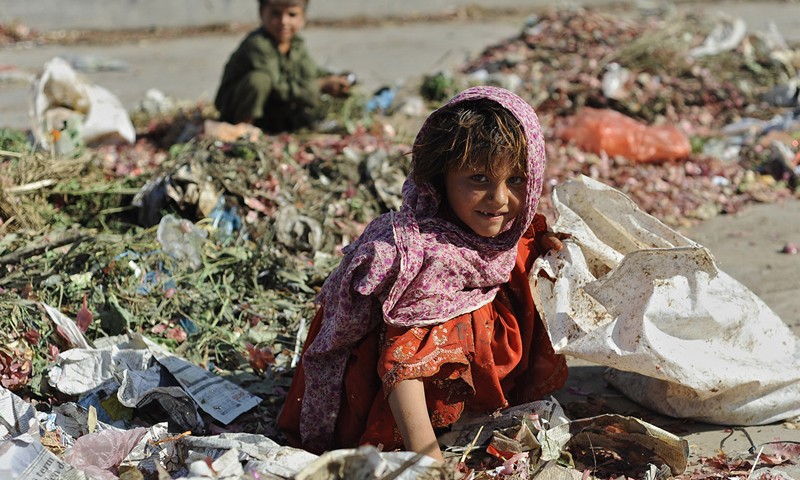
For long, the world has identified Pakistan’s with threats of nuclear arsenal and militancy. Now, the country is in news for another reason i.e. economic meltdown amidst natural disasters, food shortages and poverty. Pakistan had unprecedented floods in July last year, devastating large swathes of farmlands. The forex reserves in the country which hit a new low of $4.6 billion would only be enough to pay for foreign import bills for three weeks. The analysts put Pakistan’s need for relief at $33 billion. The world helped then and has renewed its pledge. Moved by the intervention by the UN Secretary-General, better-off nations have come forward with generous commitments of around $10 billion. Sensing the urgency, friends including Saudi Arabia and the UAE have chipped in with four billion dollars this month.
It has been six months since the flood waters ebbed. But on-land traveller (S F Aizaduddin, Dawn January 11, 2023) writes that they remain underwater, with no sign of water management or renewed cultivation. It is understandable up to a point, though. But after so many months, there is an acute food shortage. Imagine the country that has one of the world’s most irrigated fertile wheat-growing land has shortage of flour and no money to import it. Market reports say a PKR 1200 bag of 20 kg of flour has shot up to PKR 3,000.
Dragging talks with the International Monetary Fund (IMF) put PKR at three months low. The Express Tribune (January 12, 2023) quoted a currency exchange expert: “The Pakistani rupee’s fair value is the one prevailing in the black market at Rs 260-270 to a dollar. The government has artificially kept the currency overvalued. It should let market forces determine the exchange rate to meet an IMF’s condition.”
Unsurprisingly, warning of another global recession, the World Bank on January 13, 2023 forecast Pakistan’s economic growth to slow further to two per cent during the current year — down by two percentage points from its June 2022 estimate.
The new excuse is climate change, as if only Pakistan is affected. Prime Minister Shehbaz Sharif says the country will need USD 16.3 billion over the next three years for the initial efforts to rebuild and improve its ability to withstand climate change. The Sharifs earlier called out Imran Khan for ‘begging’. Now Khan is returning the same compliment. He had globe-trotted with a begging bowl, now he asks why Sharif ‘wasted’ money on going to the Geneva conference where aid pledges were made. ‘Begging’ continues, no matter who rules Pakistan. But, the country fails to acknowledge the damage caused by the CPEC to the fragile Himalayas in GB.
Farmers are reluctant to increase the area under wheat cultivation because of the delay in the announcement of support prices. They are demanding an “Agri-emergency” due to fertiliser shortage and weak crop outlook. Pakistan Kissan Ittehad (PKI) President Khalid Mehmood Khokhar said instead of boosting domestic wheat production, the government was “supporting farmers of other countries by buying the commodity at higher prices from them.”
In a report, it said Pakistan’s declining economic output was also bringing down the regional growth rate. It forecast Pakistan’s GDP growth rate to improve to 3.2pc in 2024, which would be lower than the earlier estimate of 4.2pc. This makes Pakistan South Asia’s weakest economy. (Ends)






